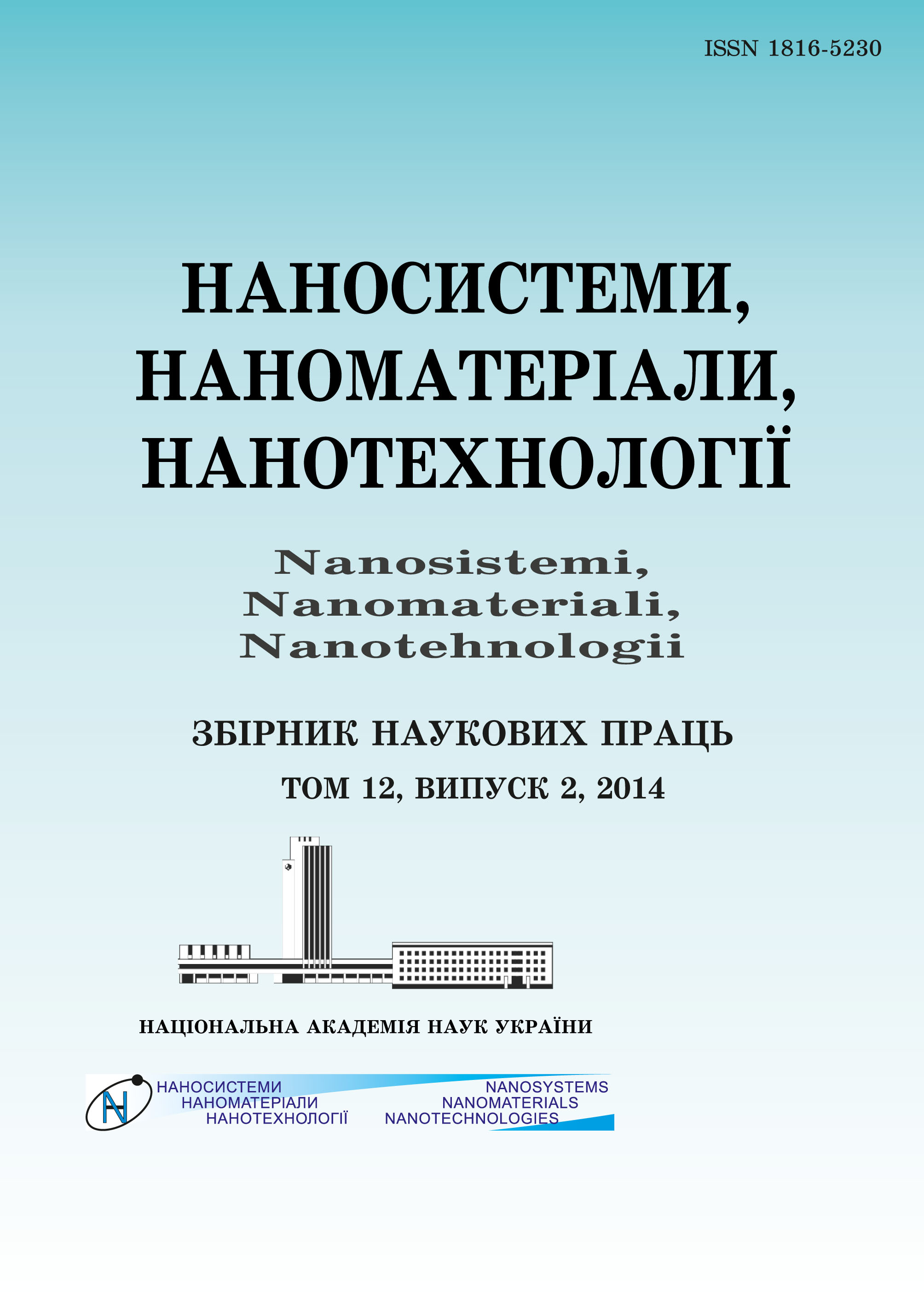Скачать полную версию статьи (в PDF формате)
А. П. Кирилюк
«Универсальная наука сложности: самосогласованное понимание биологических, экологических и разумных динамики систем»
679–700 (2013)
PACS numbers: 05.45.-a, 05.65.+b, 87.10.-e, 87.18.-h, 87.23.-n, 89.65.-s, 89.75.-k
A major challenge of interdisciplinary description of complex system behaviour is whether real systems of higher complexity levels can be understood, at least, with the same degree of objective, ‘scientific’ rigour and universality as ‘simple’ systems of classical, Newtonian science paradigm. The problem is reduced to that of arbitrary, many-body interaction (unsolved in standard theory). Here, we review causally complete solution of it, the ensuing concept of complexity and applications. The discovered key properties of dynamic multivaluedness and entanglement give rise to a qualitatively new kind of mathematical structure providing the exact version of real system behaviour. The extended mathematics of complexity contains the truly definition of dynamic complexity, randomness (chaos), classification of all possible dynamic regimes, and the unifying principle of any system dynamics and evolution, the universal symmetry of complexity. Every real system has a non-zero (and actually high) value of unreduced dynamic complexity determining, in particular, ‘mysterious’ behaviour of quantum systems and relativistic effects causally explained now as unified manifestations of complex interaction dynamics. Different regimes and levels of their unreduced dynamic complexity cause the observed differences between various systems. We outline applications of universal concept of dynamic complexity emphasising the case of ‘truly complex’ systems from higher complexity levels (ecological and living systems, brain operation, intelligence and consciousness, autonomic information and communication systems) and show that the urgently needed progress in social and intellectual structure of civilisation inevitably involves qualitative transition to unreduced complexity understanding (we call it ‘revolution of complexity’). It realises a new kind of knowledge combining intrinsic interdisciplinarity, universality, causal completeness, and possibility of rigorous expression in various, universally accessible forms.
|
